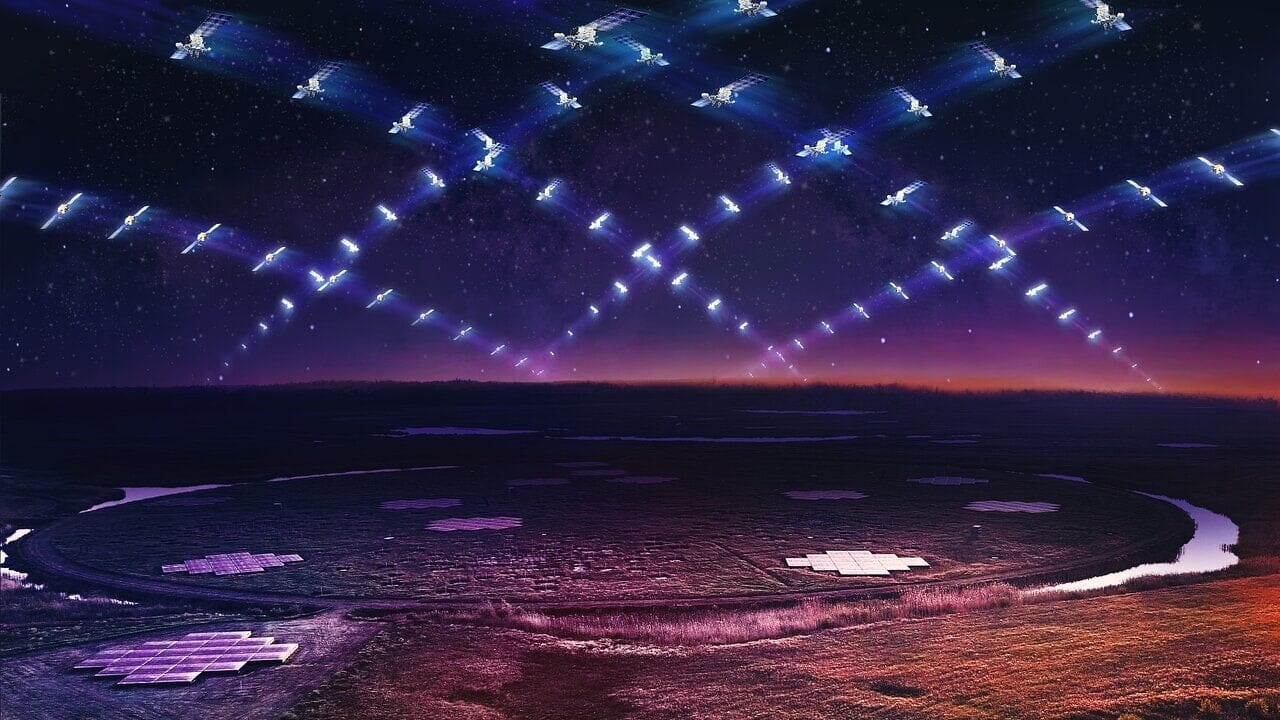
This Chinese satellite internet provider has got Musk's Starlink worried
What's the story
Elon Musk's Starlink, the top provider of high-speed satellite internet, is now facing tough competition from global rivals.
Among them are China's state-supported SpaceSail and Project Kuiper, which is backed by Amazon founder Jeff Bezos.
Since its launch in 2020, Starlink has sent more satellites into low-Earth orbit (LEO) than all its competitors combined.
But, the game is changing fast with new players entering the fray.
Global reach
SpaceSail's ambitious expansion plans
Shanghai-based SpaceSail has been making major moves in its global expansion. In November, the company bagged a deal to enter Brazil and announced negotiations with over 30 countries.
By January 2025, SpaceSail had started operations in Kazakhstan, the Kazakh embassy in Beijing confirmed.
The company's ambitious growth plan, backed by the Shanghai municipal government, wants to deploy 648 LEO satellites this year alone.
Orbital dominance
China's record-breaking satellite launches
China set a new record by launching 263 LEO satellites in 2024, according to data analyzed by tech consultancy Analysys Mason.
SpaceSail plans to deploy as many as 15,000 satellites by 2030, marking China's first international foray into satellite broadband.
The company's future launches will form the Qianfan or "Thousand Sails," constellation. This is part of Beijing's broader strategy to launch 43,000 LEO satellites over decades and invest in multi-satellite rockets.
Censorship fears
Concerns over China's expanding influence in space
China's push into lower-Earth orbit has alarmed Western policymakers. They worry this could further extend Beijing's internet censorship regime.
A February paper by researchers at the American Foreign Policy Council think-tank, proposed Washington should ramp up cooperation with Global South nations to "seriously contest China's growing foray into digital dominance."
The paper also noted Qianfan as a key element of China's Belt and Road Initiative's space component.
Funding surge
China's significant investment in rival satellite networks
Starlink's rapid expansion and its utilization in the Ukraine war have caught the attention of military researchers at China's National University of Defense Technology.
This has resulted in significant state funding for rival satellite networks.
Hongqing Technology, a 2017-founded company developing a 10,000-satellite constellation, recently raised $54 million from mostly state-affiliated investors.
In 2024, SpaceSail raised $930 million in a financing round led by a state-owned investment fund aimed at upgrading China's manufacturing capabilities.